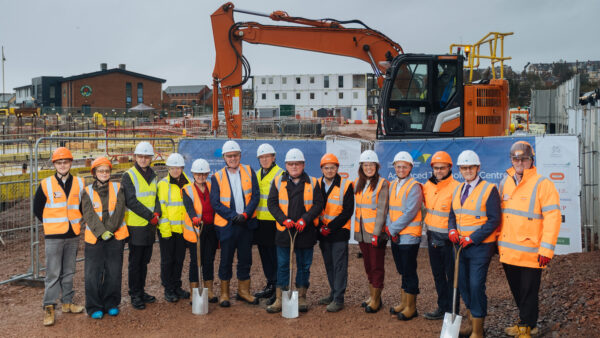Universities are not teaching architects the skills they need to work in the real world, according to a report released by RIBA.
The report, which was produced by RIBA Appointments and is based on a survey of 150 employers along with 600 students and recent graduates, concludes that architecture schools are not equipping students for the realities of life in practice.
Three-quarters of students and recent graduates and 80% of employers asked think architectural education puts “theoretical knowledge above practical ability”. And more than 80% of respondents to the survey believe that students and graduates lack the knowledge to build what they design.
To address this unbalance more than half of employers and almost two-thirds of graduates think there should be alternative routes into architecture, such as apprenticeship schemes. The report also reveals that both employers and students believe that more time spent learning in practice will help give students the relevant experience for employment.
Paul Chappell, manager at RIBA Appointments, said: “The Skills Survey highlights some areas for concern, with a widespread feeling that many architectural students and graduates are simply not being provided with the skills they need to work in practice. At the same time it is recognised that architecture is not just a technical skill and students do need to understand the development and meaning of architecture, and its place in culture and values.
Percentage of respondents who agree that…

“With the RIBA already undertaking a review of architectural education, it will be interesting to see how routes into architecture change, and how this affects attitudes towards and among architectural schools and students’ skills in the future.”
RIBA client adviser Yarema Ronish, director at Richard Morton Architects, said: “I can think of no other profession where new graduates must wait a decade or more to be given significant responsibility because they have not acquired basic skills in university.”
The report also highlighted the growing importance of technical skills to architects. Along with 2D CAD and 3D CAD, a technical knowledge of BIM was rated high as an expected skill by both employees and students. More than half of those asked viewed BIM as an “essential technical skill”.
The tool was ranked as one of the “top five scoring skill and knowledge areas”, along with Building Regulations and Standards, Planning System, Design and Specification, and the RIBA Plan of Work.
Employers value graduates’ BIM abilities more than the students themselves, perhaps suggesting that the skills students are acquiring in the subject are those that employers cannot easily source elsewhere.
RIBA is currently conducting a two-year review of architectural education, which began in autumn 2013.
Read the complete report here.
Percentage of respondents who agree that…












Nothing new here – the same complaints were made when I studied in the 70s. Architecture is a complex craft and there is a good reason why architects don’t do their best work until their 40s.